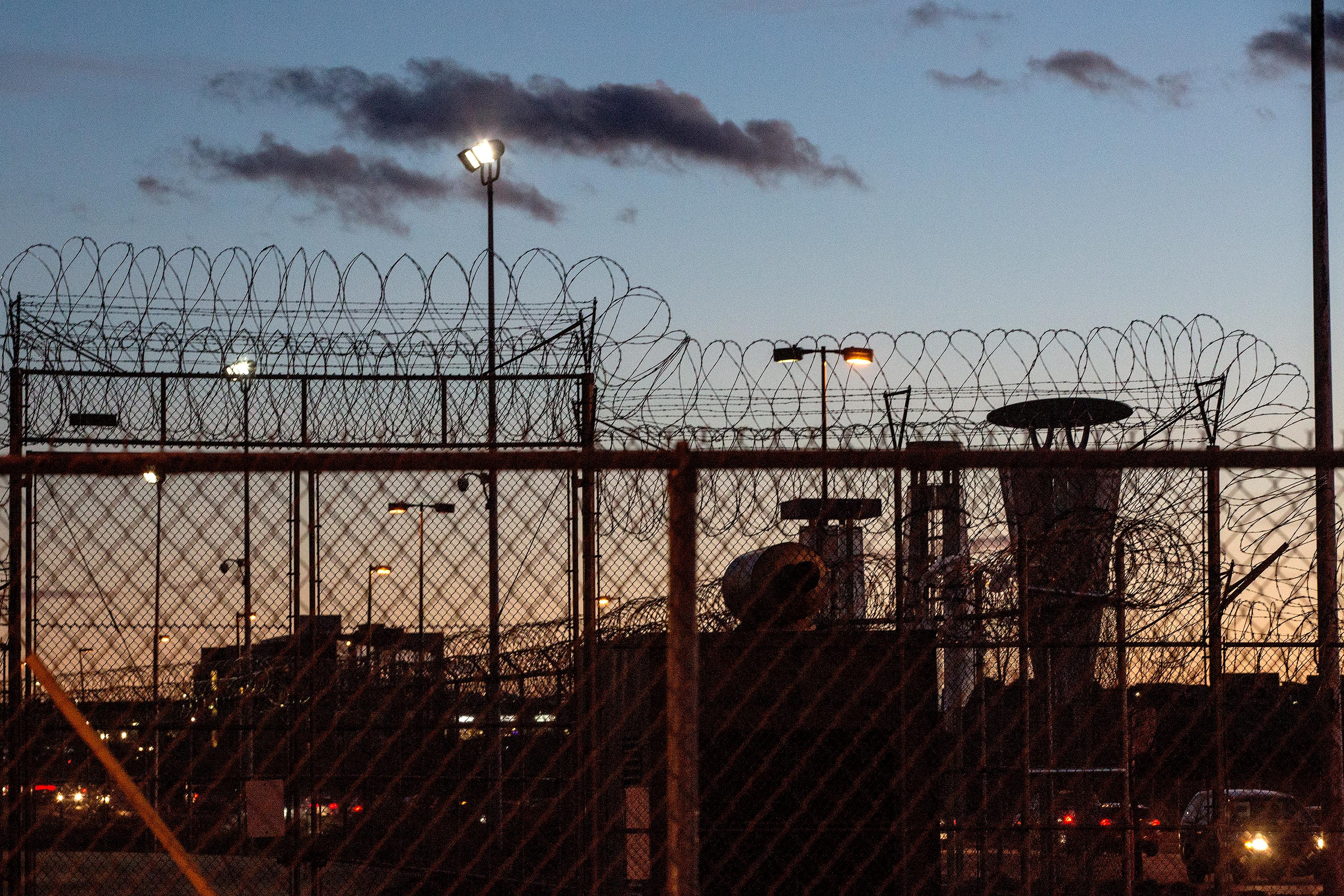

State officials have reportedly agreed to reverse a two-month old policy that had limited admissions to all state-run mental hospitals to only people already in the criminal justice system.
The agreement comes as state officials and disability advocates head to mediation later this spring. Advocates have sued state officials in federal court because of how they handle mentally ill people who are charged with a crime, but deemed incompetent to stand trial.
Many have spent months in jail before they receive court-ordered treatment. The wait times are in breach of a previous settlement agreement reached a couple of years ago.
- This Is How We Got Here: Why Colorado Now Faces A Crisis With The Mentally Ill In Jail
State officials had to agree to eleven conditions proposed by Disability Law Colorado — before those advocates agreed to mediation, rather than a trial, lawyers said.
Those conditions include reopening the beds for everyone — not just those in jail. The state also agreed to fines of $100 per person waiting in jail longer than a month, per day, starting June 1 if they don’t start moving people into treatment more quickly.
Colorado Department of Human Services spokesman Mark Techmeyer wouldn’t comment on the agreement, but said that at this time, the beds are all still reserved for people awaiting trial.
In effort to move people more quickly from jail to competency restoration treatment, the state Department of Human Services announced in December that it was reserving all beds in state-run facilities for people already in the criminal justice system.
This meant Fort Logan near Denver and the Colorado Mental Health Institute in Pueblo would no longer accept patient referrals from other places, like county mental health clinics.
The decision, which included about 20 beds for juveniles and another 45 for general inpatients, virtually cut off all state beds for mentally ill people — except those who are awaiting competency restoration in jail.
At the time, state officials acknowledged the civil bed freeze was a dramatic move. They say they were “reluctant” to make the decision, but felt they had no choice given the long wait for those ordered to receive competency restoration treatment, and the lawsuit from disability rights groups.
“We had not had this on the table for a while, but the pressure has clearly increased from the federal court as well as from the plaintiff,” said Robert Werthwein, director of the Office of Behavioral Health. “We do not feel like we have an option given the settlement agreement involves constitutional rights of individuals.”
Some members of the legislature were appalled at the decision. That includes members of the Joint Budget Committee, who told state officials in December they wanted them to re-think the decision.
Advocacy groups also criticized the policy, saying it dried up what was already just a trickle of available help for poor people statewide.
An independent monitor appointed by the federal judge in the case has also recommended the state abandon its civil bed freeze, calling it harmful to Colorado’s mental health system.
“We strongly encourage CDHS to abandon the civil bed freeze and any other strategies to drastically curtail civil psychiatric services,” a report, unsealed by a federal judge, said. “Though these may appear to be some of the only routes to punctual compliance with the Settlement Agreement, we anticipate they will exacerbate the competency crisis and so make long-term, sustained compliance far less likely.”









